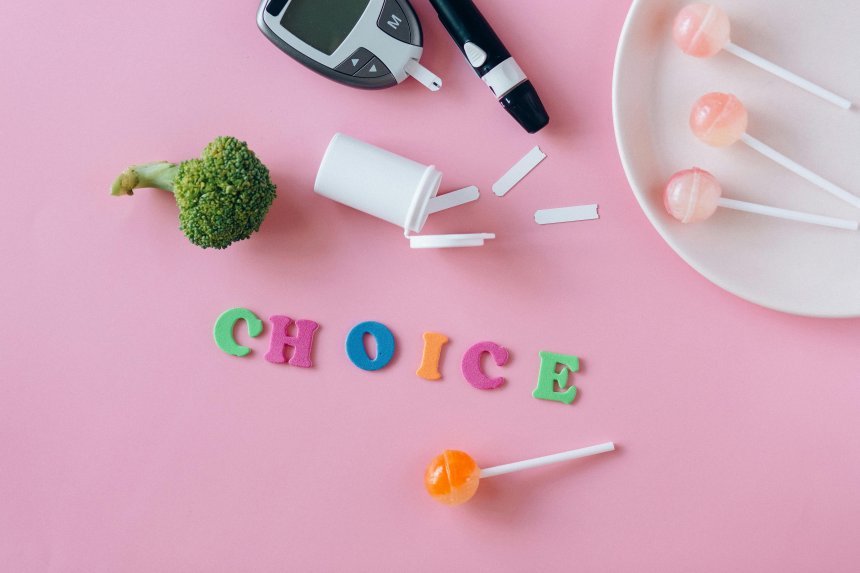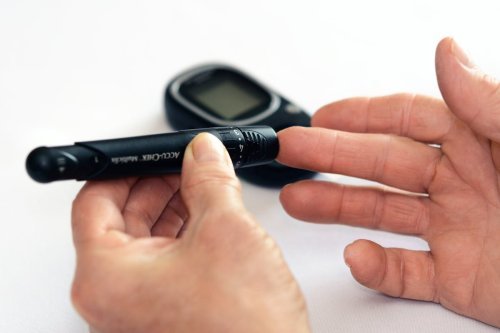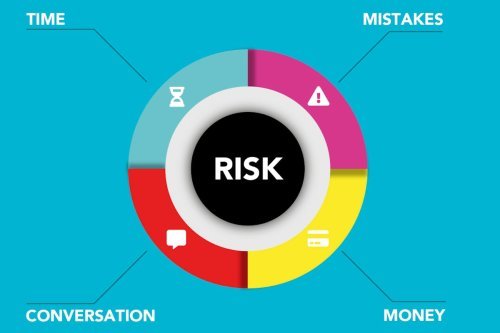Is It True That Cheating Day Diet Is A Flexible Diet Strategy?
A cheat day diet is, in essence, a day where you are permitted to eat anything that is not on your regular, rigorously regulated diet menu. High-calorie foods like pizza, burgers, fried foods, sweet foods, or beloved snacks that have been avoided are typically associated with cheat days.

In the world of dieting, the term cheating day is increasingly popular, especially among people who are trying to lose weight but still want to eat delicious food every now and then. For some people, cheating day diet is a strategy that is considered to help maintain sanity in the midst of a strict diet. However, is cheating day really beneficial? Or is it dangerous if not done properly?
This article will thoroughly discuss what a cheat day is, its psychological and physical benefits, the risks that are often overlooked, and how to implement it safely so as not to ruin your diet progress.
Before practicing it, it is important to first understand what cheating day diet really means and how this concept emerged in the modern diet world. That way, you can judge whether cheat day is right for you or not.
Cheating Day Diet Is Important, Is It True?
A cheat day diet is, in essence, a day where you are permitted to eat anything that is not on your regular, rigorously regulated diet menu. High-calorie foods like pizza, burgers, fried foods, sweet foods, or beloved snacks that have been avoided are typically associated with cheat days.
The concept of cheating day emerged from the need to provide psychological space for dieters so that they do not feel “tortured” or mentally stressed. With a cheat day schedule, you can still enjoy your favorite foods without guilt, while maintaining motivation to consistently follow a healthy diet in the following days.
However, even though the cheating day diet is a strategy that sounds simple, the way it is implemented must be managed wisely so that it does not backfire on the body or mind.
Psychological and Physical Benefits of Cheating Day
If done in a measured way, cheating days can provide real benefits, both psychologically and physically. Here are some reasons why cheat days are often included in diet programs:
1. Reduce Psychological Stress
One of the biggest challenges when on a strict diet is the mental stress caused by very strict food restrictions. This is where cheating day diet is a moment of “self-reward” that can reduce stress. You can eat your favorite burger or ice cream without guilt, as long as you stay on schedule and don't overdo it.
2. Increase Compliance with Diet
Many nutritionists agree that a successful diet is one that can be followed in the long term. By knowing that there is one free day, many people become more obedient and consistent in following a healthy diet on the other days. So, cheating day diet is a form of compromise so that diet does not feel like a burden.
3. Increase Leptin Hormone
Physiologically, cheating days can also affect metabolism. When you are on a calorie deficit diet for too long, the level of the hormone leptin or the hormone that regulates satiety and metabolism can drop. Extra calorie intake during cheating days helps increase this hormone, so that metabolism remains active and the body does not easily plateau (stagnant body weight).
4. Improve Social and Emotional Balance
Often, strict diets make people feel awkward or refuse to eat with family and friends. In this context, cheating on a diet is a way for you to still be social without feeling guilty. Eating with loved ones is also important for maintaining emotional balance, so that the diet does not isolate you from social life.
Risks and Common Mistakes During Cheating Day
Although cheating day diet is a useful strategy, in fact many people are trapped in the wrong cheat day pattern. Instead of helping, cheating days can actually ruin a diet if not controlled properly. The following are some dangers and errors to be aware of:
1. Excessive Calorie Consumption
Many people mistakenly interpret cheating day as a day of “eating as much as you can without rules.” However, calories are still calories. If the calories from cheat day are too high, the calorie deficit that has been built up over the week can be lost just like that. As a result, the scale number will stagnate or increase.
2. Binge Eating or Revenge Eating
Another common mistake is overeating as a form of “revenge” from a strict diet. This pattern is dangerous because it can trigger binge eating habits. Eventually, your relationship with food becomes unhealthy.
3. Treat Cheating Day as a Total Free Day
Cheating day diet is a moment of indulgence, but it does not mean total freedom without limits. Some people make cheat day as a day to eat junk food from morning to night. As a result, the stomach can be shocked, digestion is disturbed, and weight increases drastically.
4. Feeling Guilty After Cheating
Ironically, many people actually feel guilty after a cheat day. In fact, the purpose of a cheat day is to provide mental relief. If you feel excessively guilty, stress will increase and diet motivation will decrease. This is why a cheat day must be accompanied by a healthy mindset.
In conclusion, cheating day diet is part of a flexible diet strategy that if applied wisely actually supports long-term diet success. The key is to stay aware and measured, don't use cheat day as an excuse to eat without control.
Share
What's Your Reaction?
 Like
0
Like
0
 Dislike
0
Dislike
0
 Love
0
Love
0
 Funny
0
Funny
0
 Angry
0
Angry
0
 Sad
0
Sad
0
 Wow
0
Wow
0













